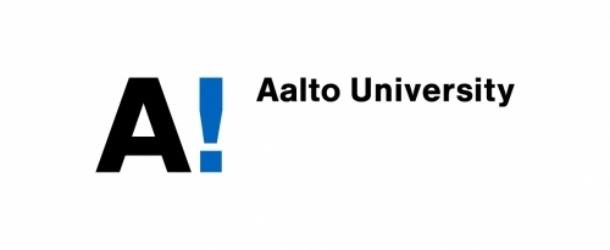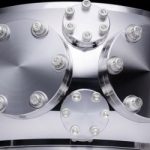Finnish Researchers Demo How Noise Impacts Quantum Computing

(HPCwire) A team of researchers from three Finnish institutions (CSC, Aalto University, and Abo Akademi University) and their collaborators from Boston University in the USA have for the first time demonstrated how the noise impacts a calculation in a systematic way. By varying the time over which the quantum property of the qubits is changed (from microseconds to milliseconds) and studying different numbers of coupled qubits in a D-Wave device, they were able to confirm a general principle of defect creation (meaning errors in the calculation).
According to team member Anders Sandvik (Boston University), quantum annealing devices may soon become important tools for simulating quantum behaviors of matter, once the amount of noise is further reduced. The team’s successful work represents the first major Finnish research effort on the quantum annealing paradigm of quantum computing, said Jan Åström, team member from CSC. Quantum computing is rapidly evolving, and CSC is planning additional projects to promote the building of strong Finnish competence in this critical forefront-area of science and technology.
With a type of quantum computer produced by the Canadian company D-Wave systems, certain optimization problems can be solved by the principle of quantum annealing. Here the quantum property of the qubits is gradually changed in such a way that they eventually “quantum freeze” into solution of the problem programmed on the device. However, this process is sensitive to noise in a way that is not well understood.



















